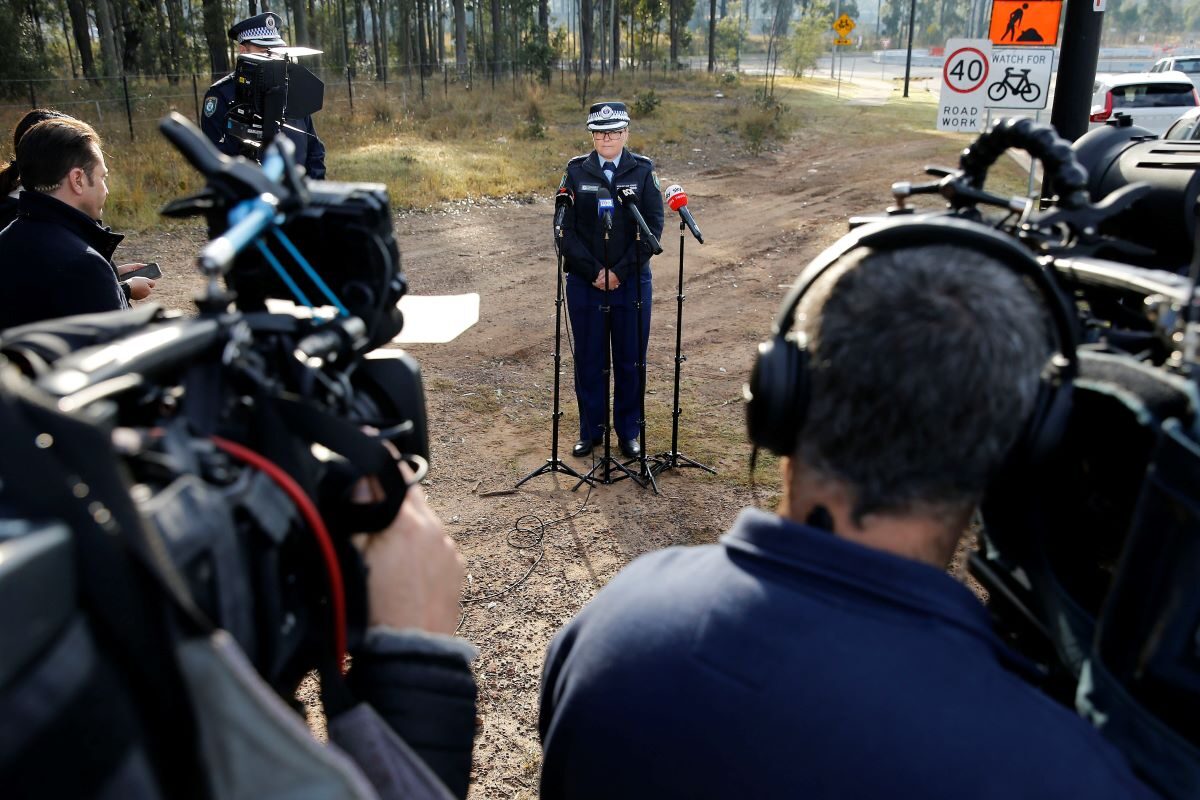Commentary
With a crisis comes the inevitable knee-jerk government response. It seems to be an affliction that is universal in Australia (and most leaders nowadays) irrespective of the level of government or its stripes.
The reaction is always more state interference in our lives and regulation. The view being the quicker the better because that is a display of “decisive leadership.”
In so responding, the unsuspecting public is lured into the delusional belief that government can legislate and regulate us into a perfect society.
Stopping for a moment to reflect and consider whether the situation needs a more minimalist response, if one at all, is foreign to the consideration. The prize at hand is getting the headline confirming the minister in question is being proactive while the cost and consequences are to be considered later.
The devastating bus accident in the Hunter region of New South Wales which has so far tragically claimed ten lives with many others seriously injured has led to calls for stricter safety belt laws across Australia on public transport such as buses.

Calls that are without doubt well-meaning and have their genesis in genuine concern.
Putting aside the emotion that the overwhelming wish that such fatalities can be avoided engenders a cool analysis that needs to be undertaken.
Allowing the accident investigators to fully determine the cause of the crash, and how, and if, seatbelts may have saved lives is what is needed.
Is it not better to delay commentary on how such a tragedy might be avoided in the future until the investigations are complete and due consideration can be given?
While not helpful to the 24/7 news cycle, such an approach leads to better decision-making.
Australia Has Form When It Comes to ‘Safetyism’
The response to this tragedy is a mirror of what happens too often in our country. Clothed with all the information and circumstances, which frustratingly takes a while, is what should be sought—indeed demanded—before a response by authorities.
Failure to do so saw the infamous “kerosene baths” scandal in an aged care facility spur red tape mayhem of mammoth proportions during the Howard government years.
An old remedy for bed sores was to place a spoonful of kerosene in a bath full of water.
Whether it is efficacious or not is another issue. But how a “spoonful” became a “bath” in one nursing home—among hundreds of aged care facilities around Australia—eventually erupt into a national crisis that still confounds to this day.
If the evidence is that such treatment was not recommended or accepted practice, then the publicity would have seen an end to it.
The hardworking aged care staff would have been able to go without the need for an avalanche of reporting conditions being imposed and become slaves to paperwork rather than carers for the elderly.
In more recent times, we saw the reaction of the Parliament and government to the rape allegations made by Brittany Higgins against fellow staffer Bruce Lehrmann.
Mature responsible consideration would have been to adopt a principled stand of not prejudging the issue, the dangers of which are now exposed for all to see, leaving many a leader with a red face.
The desire to condemn and give apologies before the evidence was available may have made for good evening news and a display of virtuous concern, but it has now been exposed as foolhardy and opportunistic.

The response to the COVID pandemic is the starkest example.
Sure, difficulty surrounded the uncertainty of how things developed which saw a then-understandable “flatten the curve” response.
But as the situation settled down, the public was fed a constant diet of “the government is here to help and cater to your every need and concern.” The vaccine was offered by a benevolent government free of charge and we were urged to be “jabbed.”
In all the messaging there was not a single word about self-help and self-reliance.
Many medical persons recommended boosting one’s vitamin intake to strengthen the immune system or taking steps to reduce the risks that co-morbidities threatened—such as reducing weight if obese or stopping smoking.
Instead, it was all about the benevolent government fixing everything and even the unemployed given money when their financial situation had not been impacted.
Meanwhile, pensioners who had built the country were left to their own devices—another confounding element of the government response at the time.
“Be careful what you wish for” is a wise saying. As is the injunction to be wary of governments promising the world because they can only do so with our money and by restricting our freedoms.
Assisting the population to be self-reliant, dealing with the issues of the day without increasing taxes or government debt, avoiding regulations, and instead preserving personal freedoms would be a true display of decisive and principled leadership.
Views expressed in this article are the opinions of the author and do not necessarily reflect the views of The Epoch Times.


















































